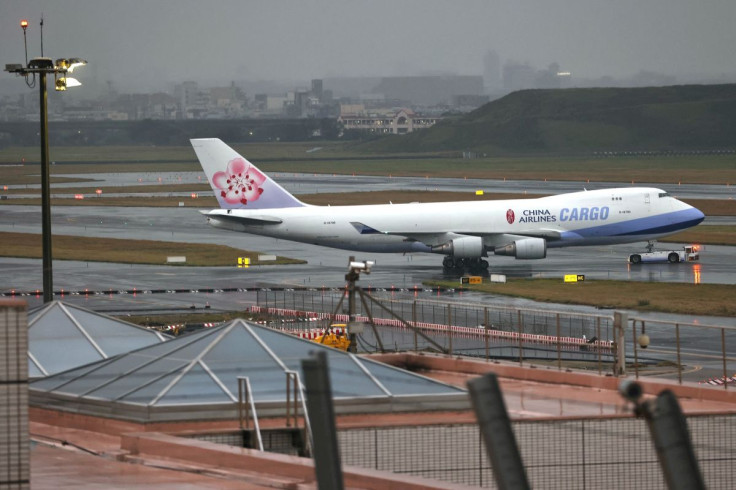Taiwan's China Airlines Eyes A330 Replacement, Future Freighter Options

Taiwan's China Airlines Ltd is "actively" looking at options to replace its ageing fleet of 22 Airbus SE A330 widebodies and is also starting to examine next-generation freighter planes, the company's president told Reuters.
The carrier, which has been profitable during much of the pandemic because of a shift to cargo services, is now starting to gear up for a rebound in passenger travel when Taiwan lifts quarantine rules for arrivals.
China Airlines is looking to phase out its A330s, a mainstay on regional routes, as it modernises its fleet to reduce emissions and cut its fuel bill, President Kao Shing-Hwang said in a written interview.
"We are actively studying our options for the A330 fleet's successor," he said on Thursday. "China Airlines has invited a number of manufacturers to submit their proposals."
He declined to comment on the timing of the planned order and the types under consideration.
At other airlines, A330s are most often being replaced by the Airbus A330neo and Boeing Co's rival 787, although options like the A350 and A321XLR, both from Airbus, have been selected in some cases.
China Airlines had 14 A350s and 7 A320neos in its fleet as of June 30.
The carrier also has a large fleet of Boeing widebody freighters, including 18 747-400Fs and 4 777Fs, with the latter expected to reach 10 planes by 2024.
"We plan to continue retiring the 747-400F freighters from service, so new models will still need to be introduced in the future," Kao said. "The (Boeing) 777X and (Airbus) A350F freighters are both candidates for our next freighter, though the decision is still being reviewed."
He declined to comment on the timing of the potential order.
The airline benefited from a surge in freight rates during the pandemic because the grounding of passenger planes cut cargo carrying capacity, but Kao said the space shortage was easing as travel demand rebounded and airlines added more flights.
"The increase in belly cargo capacity will catch up to freighter capacity causing more competitive freight rates to appear on the market," he said. "Demand in Asia and the U.S. will, however, remain strong as they are key manufacturing and consumer regions."
© Copyright Thomson Reuters 2024. All rights reserved.











